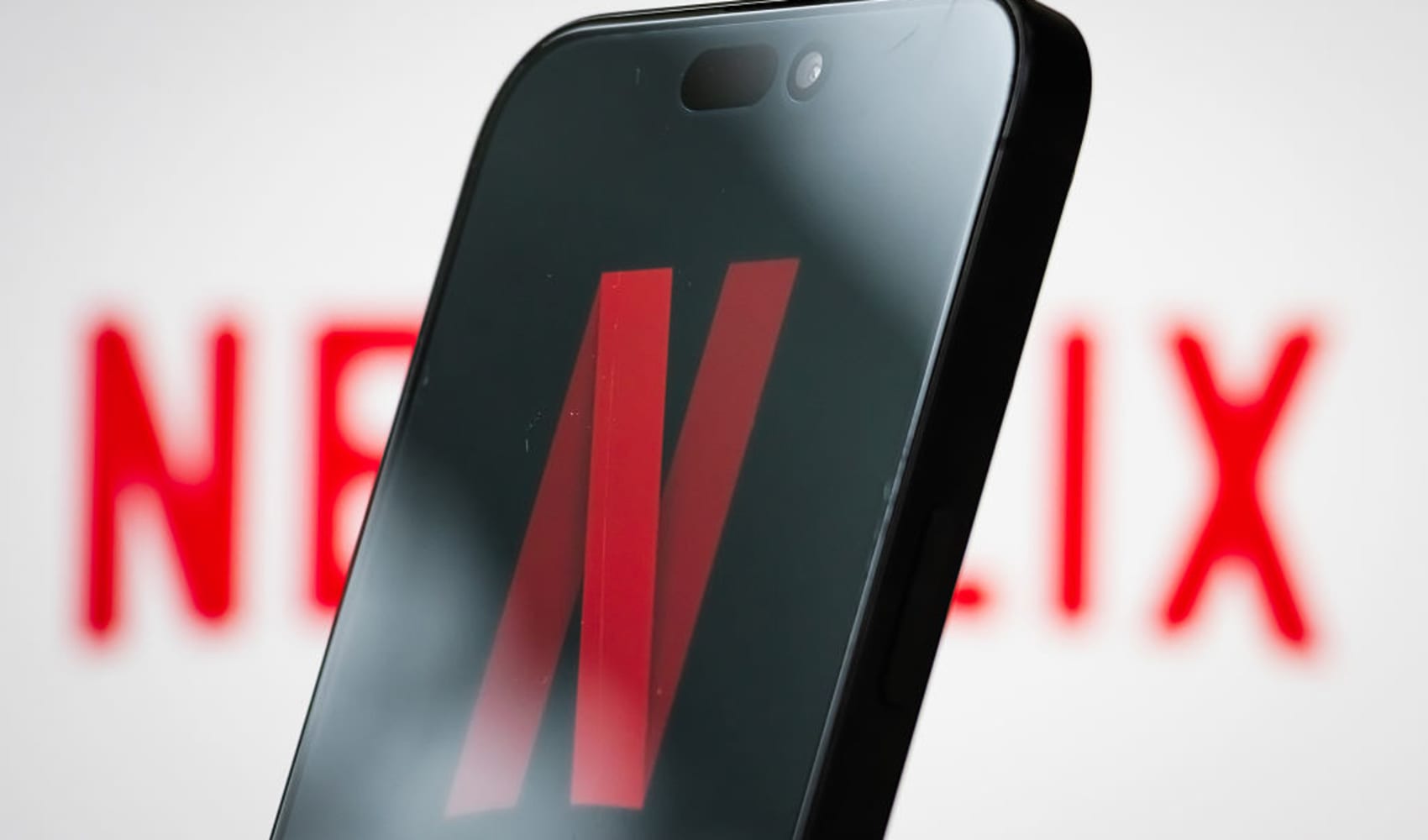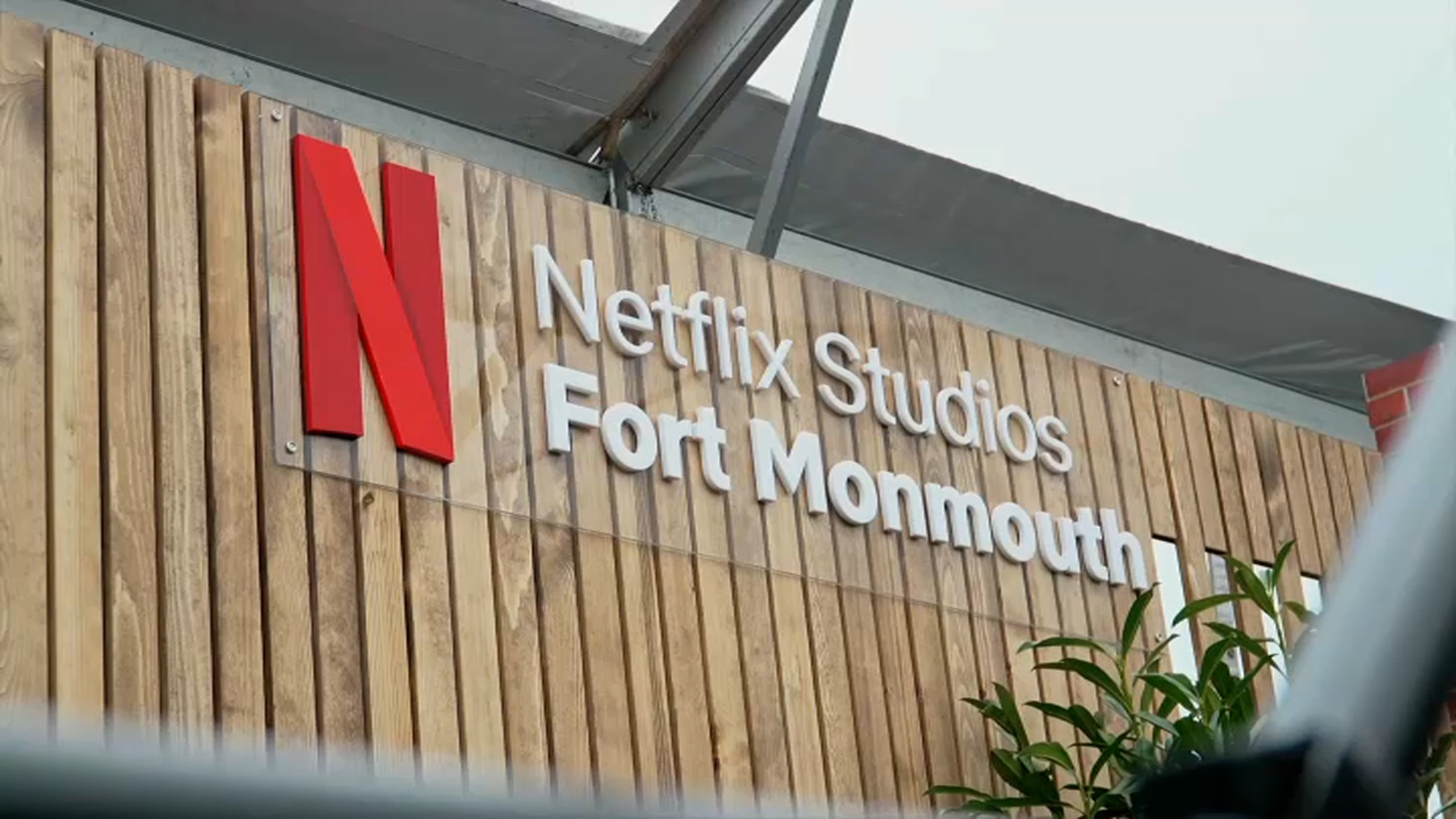Ryan Coogler's "Sinners": From Debt to Lifetime Riches?
Ryan Coogler's "Sinners": From $200K Debt to Future Riches?
Introduction: A Hollywood Story of Grit and Potential Gold
Ryan Coogler. The name resonates with cinematic brilliance, the mastermind behind blockbusters like "Black Panther" and the emotional powerhouse "Creed." But behind the glitz and glamour, there's a story of struggle, a period where Coogler faced crippling debt. Now, with his latest venture, "Sinners," a new chapter is being written. But is this just another successful movie, or could it be a game-changer that secures his financial future – and even that of his children?
From Film School Dreams to Financial Reality
We all have dreams, right? But dreams often come with a price tag. For Coogler, that price was a hefty $200,000 in film school debt, a burden he carried while directing "Creed." As he revealed on Marc Maron’s “WTF” podcast, "Back then, bro, I wasn't making no money. I was $200,000 in debt for film school. It was bad." Imagine that – directing a major film with the weight of that kind of debt hanging over your head. Talk about pressure!
The "Sinners" Deal: A Gamble That Could Pay Off Big Time
Now, let's fast forward to the present. Coogler's new movie, "Sinners," has already raked in at least $71 million since its release. But it's not just the box office numbers that are turning heads; it’s the unprecedented deal he struck with Warner Bros.
What Makes the "Sinners" Deal So Special?
According to Vulture, the deal includes a clause that grants Coogler the rights to "Sinners" after 25 years. Think about that for a moment: a quarter of a century from now, the rights to a potentially evergreen film revert back to him. It's like planting a financial seed that could blossom into a bountiful harvest for him and his family.
Royalties for Generations: A Legacy of Income
In 25 years, Coogler's kids will be adults. And guess what? They could potentially inherit royalties from streaming services, television broadcasts, and other platforms – money that would otherwise line the pockets of a major studio. It's a smart move, a long-term investment in his family's future.
The Power of Negotiation: Securing Your Intellectual Property
Coogler's deal highlights the importance of negotiation in the entertainment industry. It demonstrates that even emerging filmmakers can leverage their talent and vision to secure favorable terms. He’s not just a director; he's a shrewd businessman.
Beyond the Box Office: The Evergreen Potential of "Sinners"
While the initial box office success of "Sinners" is impressive, its true value lies in its potential longevity. Could it become a cult classic? A film that's rediscovered by new generations? If so, those royalties after 25 years could be substantial.
Streaming Wars and the Value of Content Ownership
In the age of streaming wars, content is king. Netflix, Amazon Prime Video, Disney+, HBO Max – they're all hungry for quality content. And who controls that content? Increasingly, the answer is the creators themselves, thanks to deals like Coogler's.
Why 25 Years? The Logic Behind the Long Game
Why 25 years? It's a strategic timeframe. It allows Warner Bros. to fully exploit the film's commercial potential in the short and medium term. But after that, the rights revert back to Coogler, ensuring he benefits from the film's long-term value.
The Risk Factor: Is "Sinners" Truly Evergreen?
Of course, there's always a risk. Will "Sinners" still be relevant in 25 years? Will streaming services still be paying royalties at the same rate? These are questions that only time can answer. But Coogler is betting on the film's enduring appeal.
Impact on the Film Industry: A New Standard for Directors?
Coogler's deal could set a new precedent for directors in Hollywood. Could it inspire other filmmakers to demand similar terms? It's a possibility. It's a win for creator empowerment. The old studio system is constantly being challenged, and perhaps for the better.
The Importance of Financial Literacy for Creatives
Coogler's journey underscores the importance of financial literacy for creatives. It's not enough to be talented; you also need to understand how to manage your money and negotiate favorable deals. No matter your field, you need to know your worth.
Lessons from "Creed": Perseverance Pays Off
Remember that $200,000 debt from "Creed?" Coogler's perseverance paid off. He didn't let debt cripple him. He used it as motivation. He poured his heart and soul into his work, and he reaped the rewards.
Ryan Coogler: An Inspiration for Aspiring Filmmakers
Ryan Coogler's story is an inspiration to aspiring filmmakers everywhere. It shows that even with financial challenges, you can achieve your dreams. It's about talent, hard work, and a little bit of business savvy.
The Future of Ryan Coogler: What's Next?
So, what's next for Ryan Coogler? With "Sinners" poised for long-term success and a growing portfolio of acclaimed films, the future looks bright. He's not just a filmmaker; he's a cultural force. And he's just getting started. This "Sinners" deal could propel him to a new level of freedom.
Conclusion: A Legacy of Financial Freedom and Creative Control
Ryan Coogler's story is a testament to the power of perseverance, negotiation, and financial literacy. From battling $200,000 in debt to securing a potentially life-changing deal for "Sinners," he's proven that anything is possible. He's not just building a career; he's building a legacy of financial freedom and creative control for himself and his family. It goes to show, sometimes you have to roll the dice to truly win big!
Frequently Asked Questions
- What was Ryan Coogler's debt situation while directing "Creed?"
Ryan Coogler was reportedly $200,000 in debt due to film school expenses during the production of "Creed."
- What is unique about the deal Ryan Coogler has for "Sinners?"
The deal grants Coogler the rights to the movie after 25 years, potentially allowing him to collect royalties from streaming and television broadcasts.
- How could the "Sinners" deal benefit Coogler's children?
By the time his children are adults, they could inherit the rights to the film and receive royalties that would otherwise go to the studio.
- How does Coogler's "Sinners" deal compare to standard Hollywood arrangements?
It's relatively uncommon for directors to secure rights reversion so early, making it a particularly favorable and creator-centric deal.
- What are the potential long-term financial implications of the "Sinners" deal for Ryan Coogler?
Depending on the film's enduring popularity and the evolving landscape of streaming and media consumption, the deal could provide a significant and lasting source of income for Coogler and his family.









